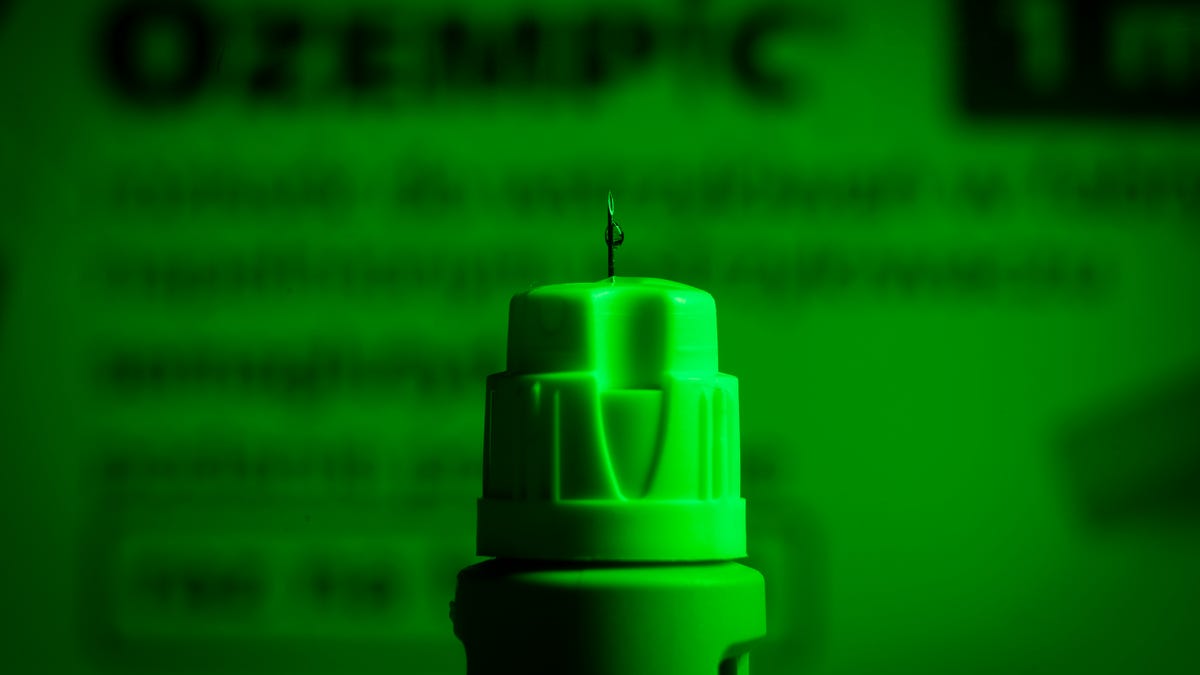Bathos - Wikipedia
Bathos (UK: /ˈ b eɪ θ ɒ s / BAY -thoss;[ 1] Greek: βάθος , lit. "depth") is a literary term, first used in this sense in Alexander Pope's 1727 essay "Peri Bathous",[ 1] to describe an amusingly failed attempt at presenting artistic greatness. Bathos has come to refer to rhetorical anticlimax, an abrupt transition from a lofty style or grand topic to a common or vulgar one, occurring either accidentally (through artistic ineptitude) or intentionally (for comic effect).[ 2] [ 3] Intentional bathos appears in satirical genres such as burlesque and mock epic. "Bathos" or "bathetic" is also used for similar effects in other branches of the arts, such as musical passages marked ridicolosamente. In film, bathos may appear in a contrast cut intended for comic relief or be produced by an accidental jump cut.
As a term for the combination of the very high with the very low, bathos was introduced by Alexander Pope in his essay Peri Bathous, Or the Art of Sinking in Poetry (1727). On the one hand, Pope's work is a parody in prose of Longinus's Peri Hupsous (On the Sublime), in that he imitates Longinus's system for the purpose of ridiculing contemporary poets, but, on the other, it is a blow Pope struck in an ongoing struggle against the "dunces."











